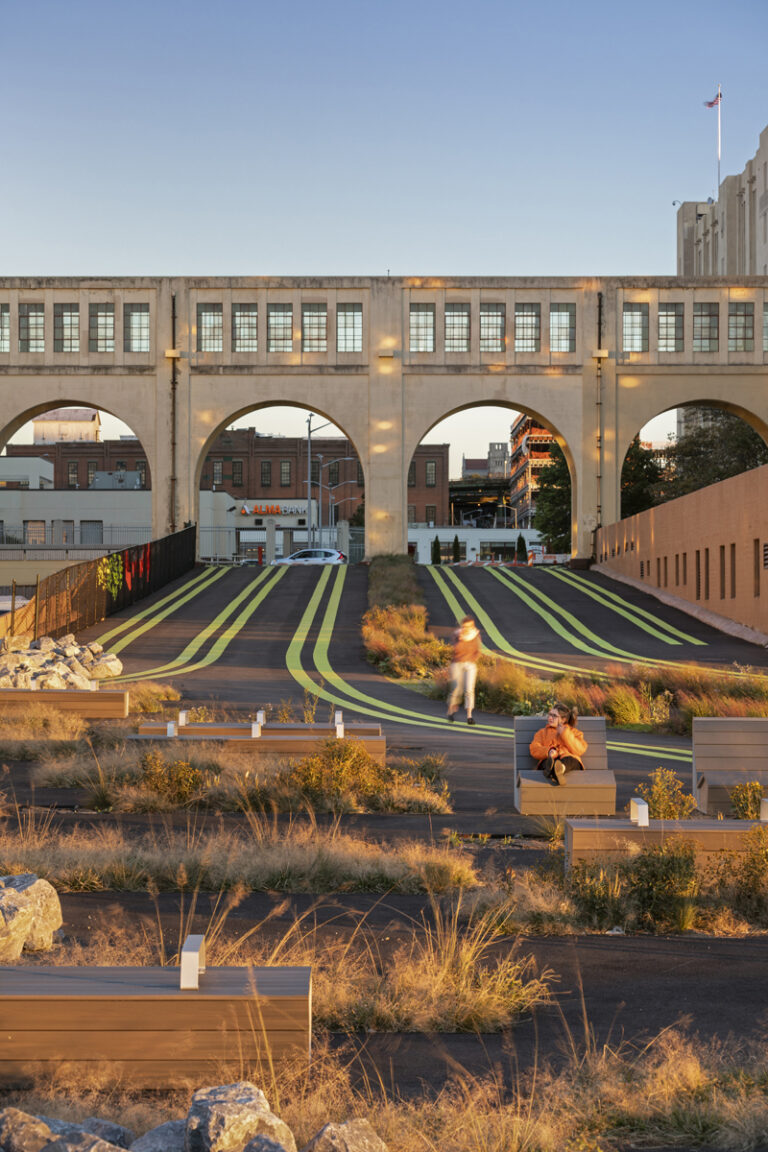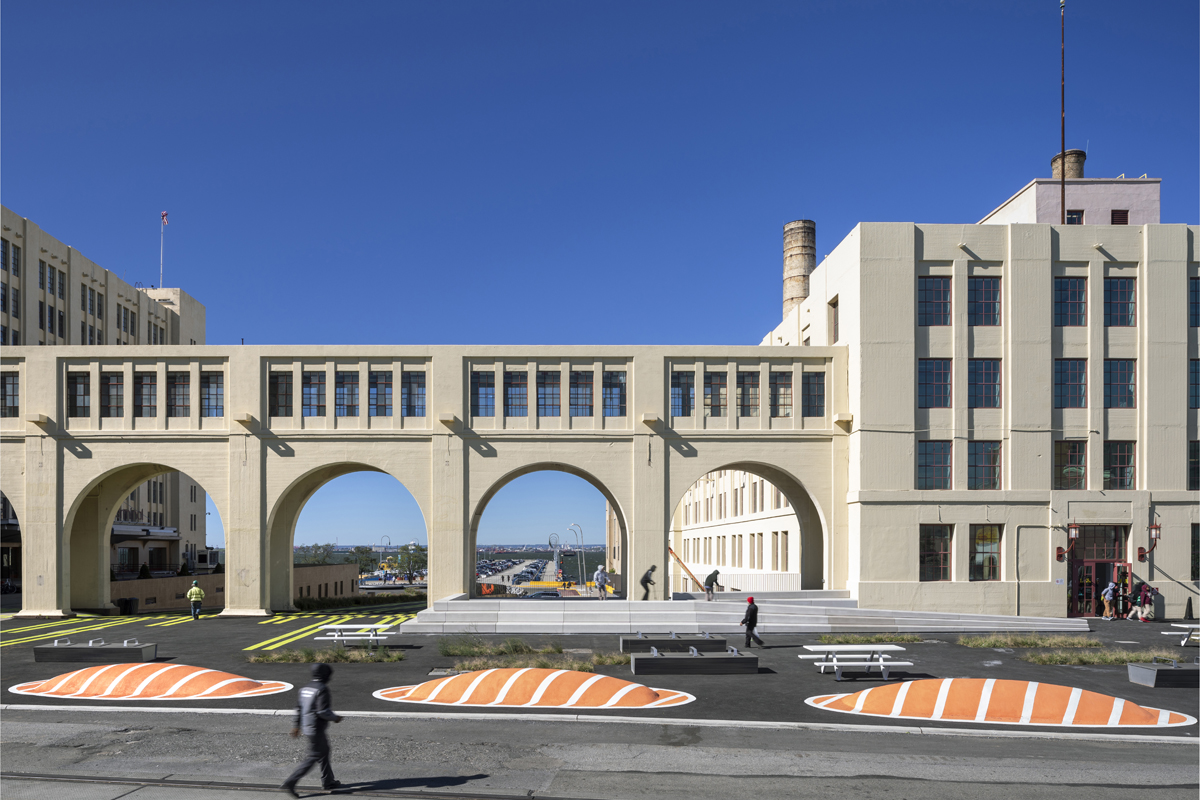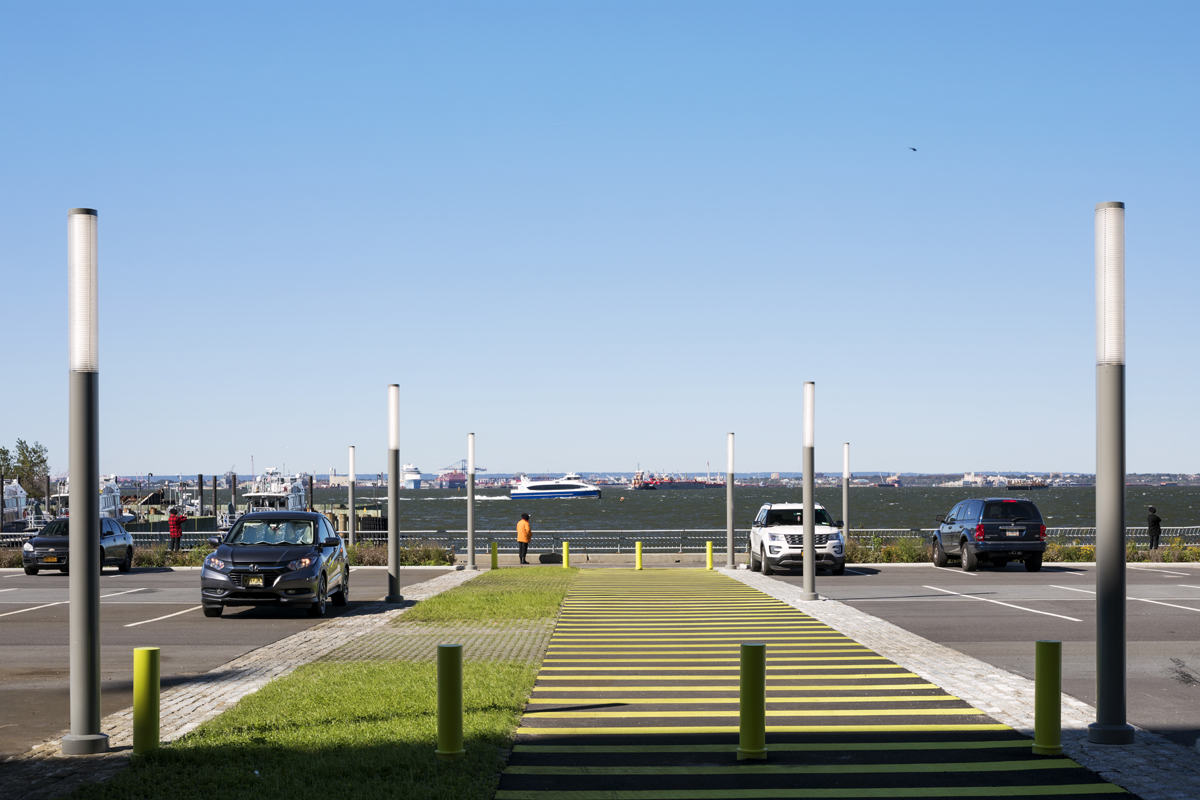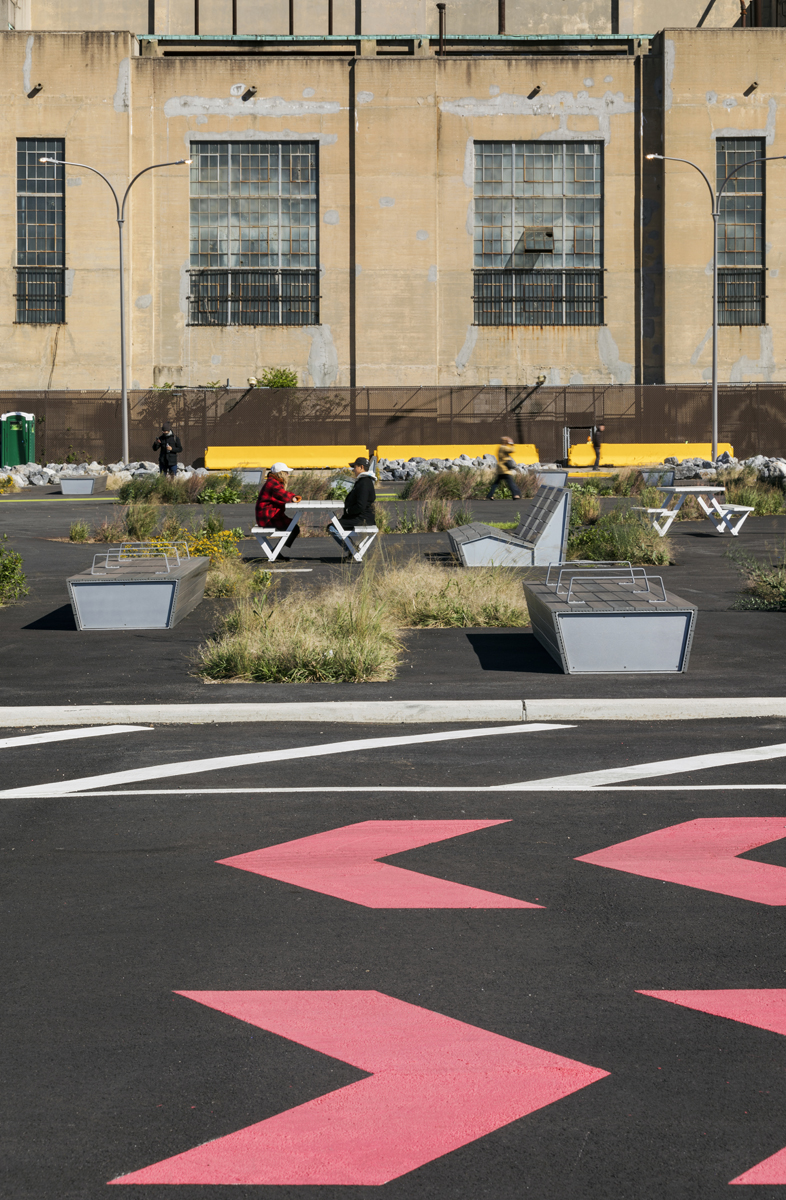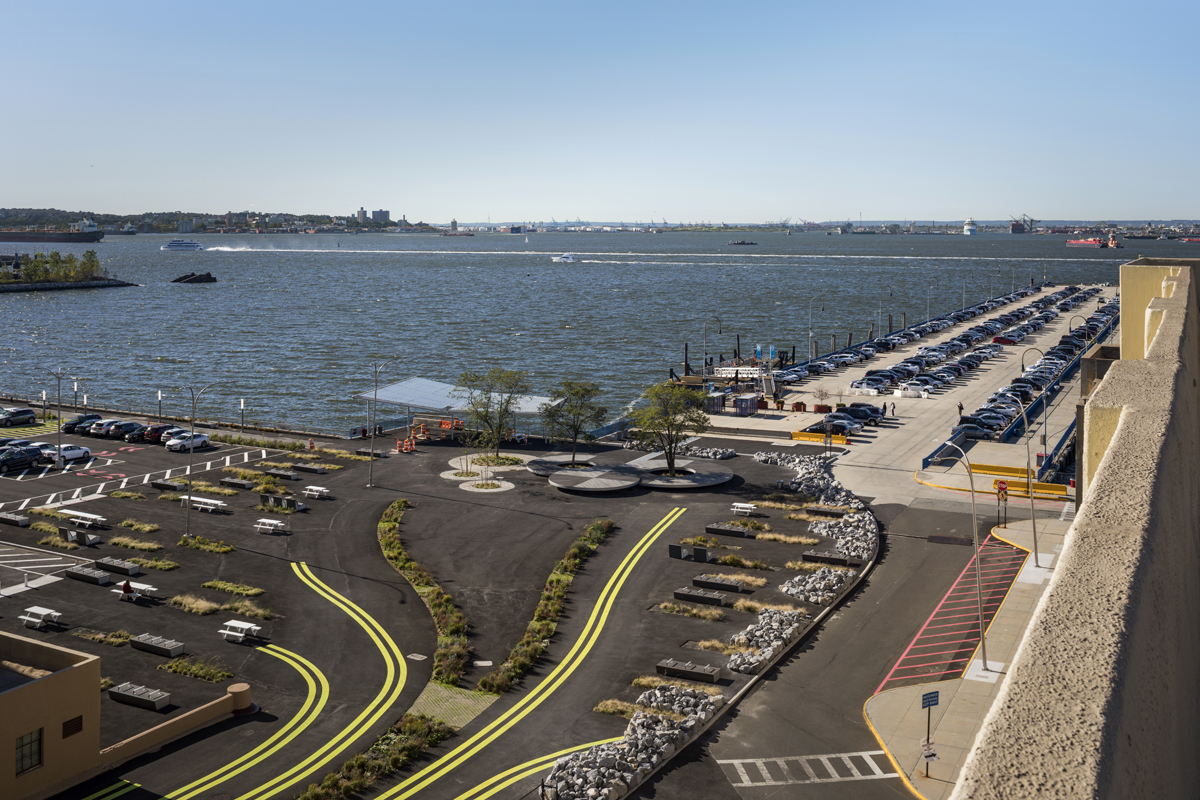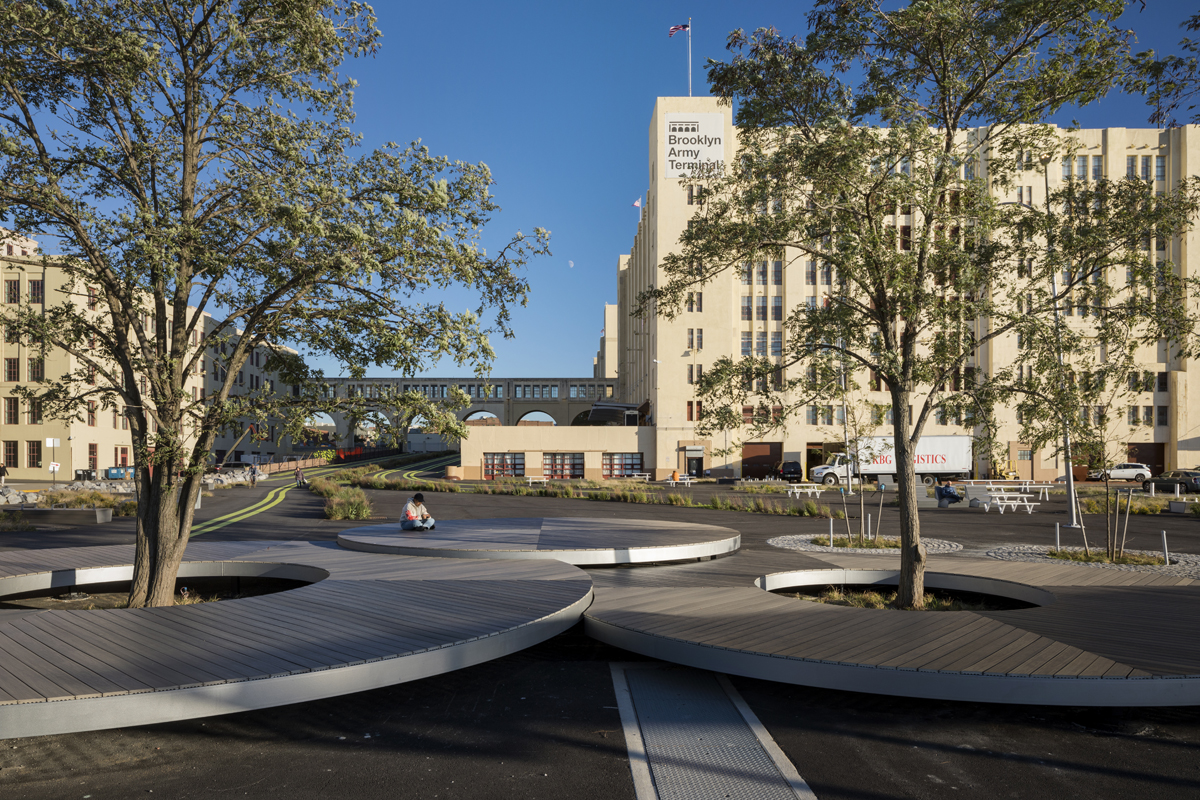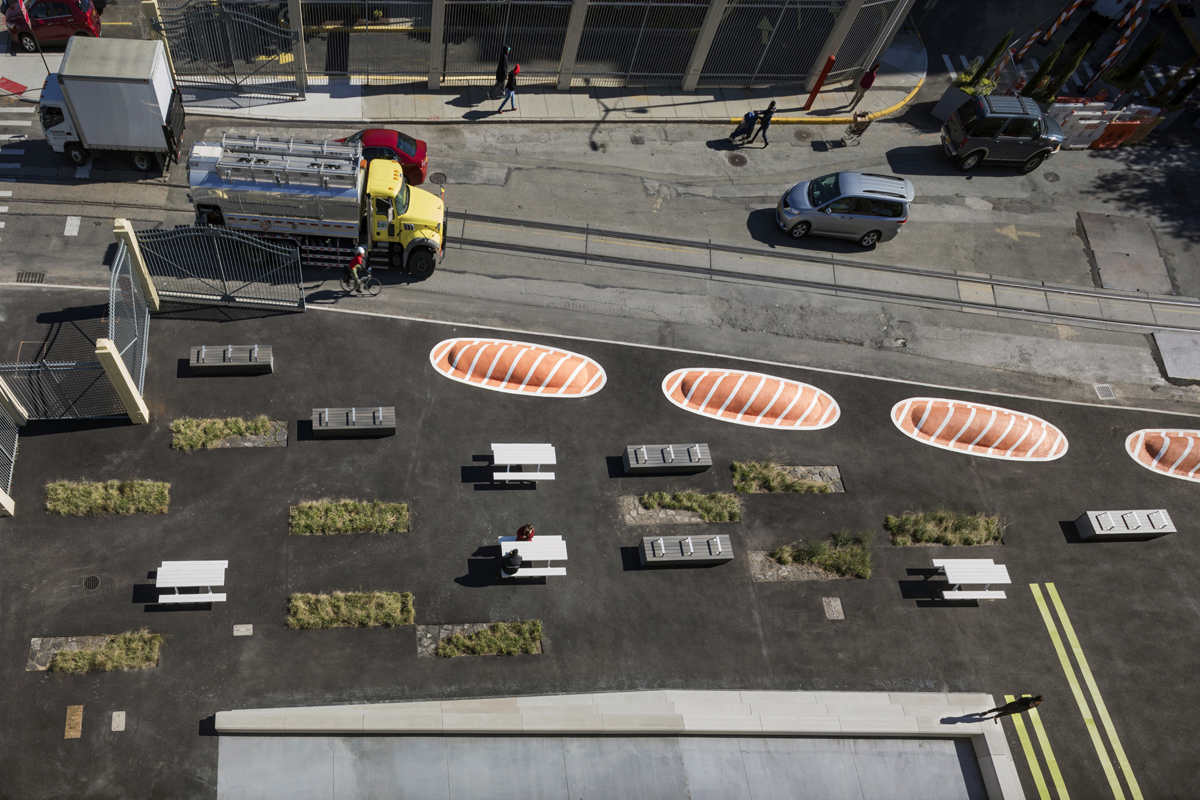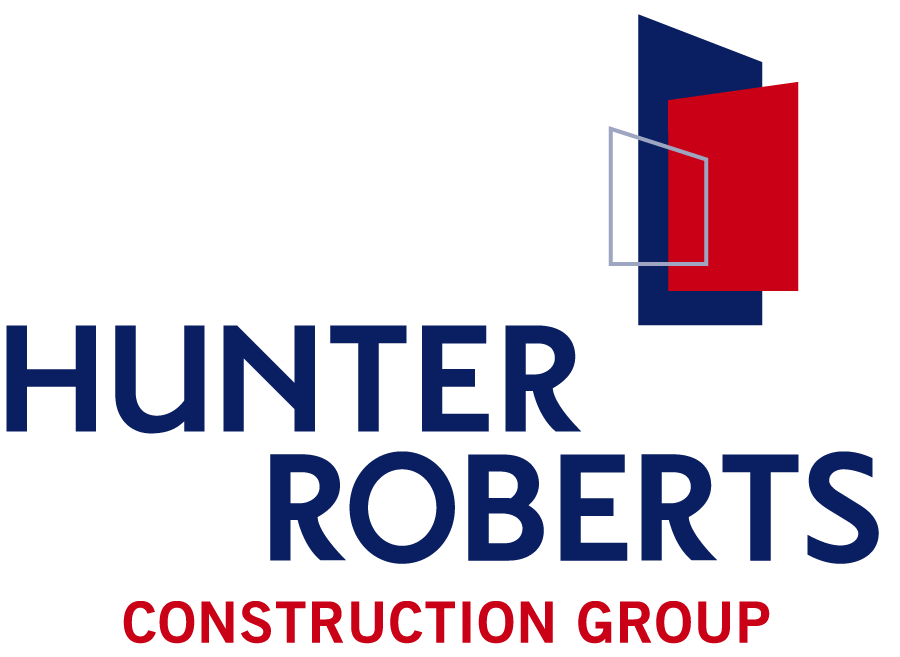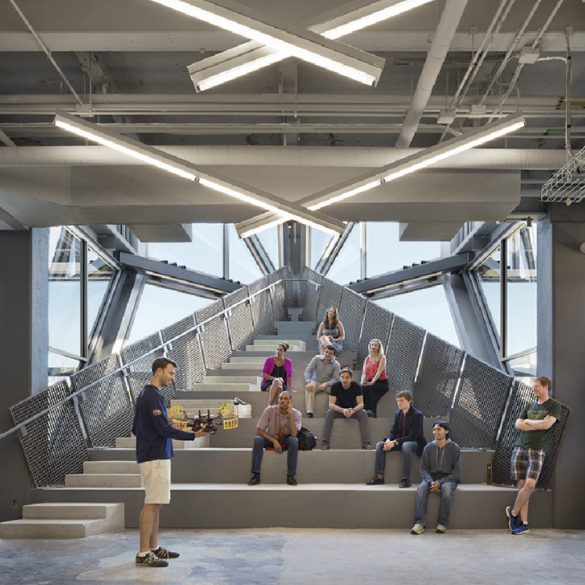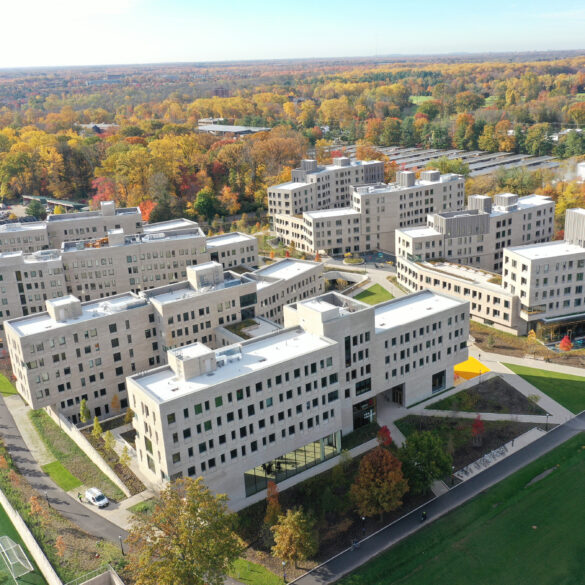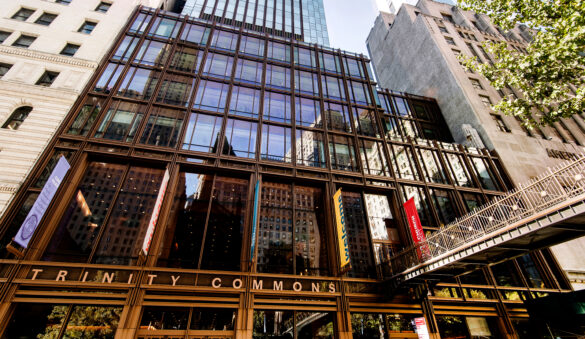NYCEDC Brooklyn Army Terminal Phase V Industrial Space Rehabilitation & Reuse
NYCEDC purchased the Brooklyn Army Terminal (BAT) from the federal government in 1981 for the purpose of providing world-class office and light manufacturing space. The vast majority of space within this four million square-foot, century-old complex has been previously renovated and is nearly fully leased. In 2016, NYCEDC tasked Hunter Roberts with carrying out Phase V of the facility’s redevelopment which includes the reactivation of a 500,000-SF, undeveloped portion of Building A, turning it into a modern workspace for light manufacturing companies.
Hunter Roberts has provided comprehensive project services from conceptual planning through operations and tenant fit-out of the reactivated space. These services have included: pre-construction; estimating; constructability review; value engineering; logistics and phasing planning for construction in occupied and operating spaces; design services procurement; complete management of all design services; purchasing; construction; construction management; lease negotiation assistance; tenant fit-out coordination with and for base building systems integration with tenant needs; and direct fit-out of tenant and common amenity spaces. Many of BAT’s commercial tenants are food service oriented, so base building infrastructure is very extensive with regards to the provision of utilities, trunk exhaust systems, fire protection, and conveyance systems (12 elevator replacements, including several freight elevators, and the construction of a new freight elevator shaft through Building A fitted with a state-of-the-art 20K-LB freight elevator) needed to support industrial food service operations.
Also included in the project’s extensive scope, Hunter Roberts has performed a significant amount of site work, lobby, ramp and pathway, exterior lighting, parking lots and systems, and signage improvements in order to upgrade pedestrian, vehicular, and ferry access to the entirety of the BAT site. These improvements allow workers coming to and from BAT, as well as the local Sunset Park community, greater access to the commercial and public areas of the campus.
